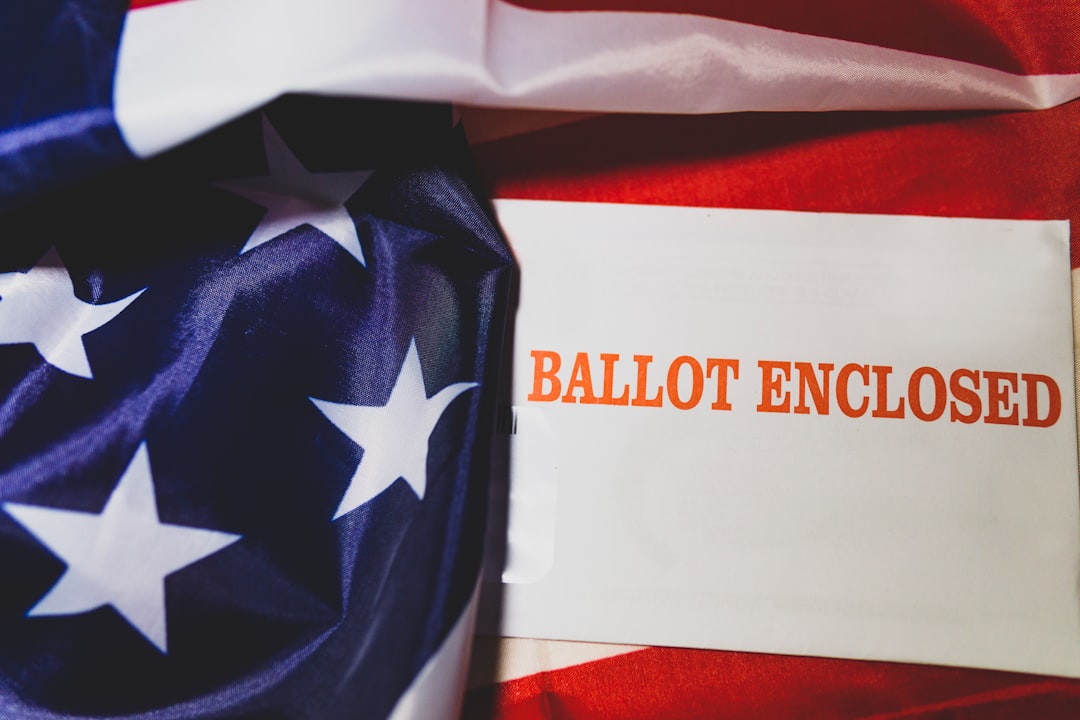Introduction
The American political landscape has long been dominated by the two major parties, the Democrats and Republicans. However, throughout history, third-party movements have emerged as alternative voices, challenging the status quo and influencing policy and elections. In this article, we will explore the history of third-party movements in American politics, discuss the challenges they face, and analyze the potential impact of candidates like Robert F. Kennedy Jr. and Cornell West on the upcoming 2024 presidential election. By examining their unique platforms and strategies, we can gain insight into the ways third parties can break free from the limitations of the two-party system and reshape American politics.
A Brief History of Third-Party Movements
Third-party movements have played significant roles in shaping American politics. From the Anti-Masonic Party in the early 19th century to the Populist Party in the late 19th century, third parties have championed important issues that the major parties often overlooked. Notable examples include the Free Soil Party's opposition to slavery and the Bull Moose Party's emphasis on progressive reforms. These movements have brought forth innovative ideas, challenged established norms, and influenced policy discussions.
Challenges Faced by Third Parties
Despite their historical significance, third parties face numerous challenges that limit their success in American politics. One major obstacle is fundraising, as they often struggle to compete with the financial resources of the major parties. Additionally, third parties encounter difficulties in gaining ballot access, navigating complex regulations, and receiving media coverage. These challenges create barriers to entry for third-party candidates, making it difficult for them to gain widespread support and visibility.
RFK Jr. and Cornell West: Potential Impact on the 2024 Presidential Election
The candidacies of Robert F. Kennedy Jr. and Cornell West represent potential game-changers in the 2024 presidential election. RFK Jr.'s association with the Green Party and his focus on environmental justice could resonate with voters concerned about climate change. Cornell West, aligned with the Democratic Socialists, appeals to progressive voters seeking bolder social and economic reforms. Both candidates bring unique perspectives and platforms that challenge the mainstream narratives of the two major parties.
Strategies for Overcoming Obstacles
To overcome the challenges faced by third-party candidates, RFK Jr. and Cornell West must employ innovative strategies. Building strong grassroots movements, leveraging digital platforms for fundraising and organizing, and prioritizing direct voter engagement can help them overcome financial and logistical disadvantages. Emphasizing their distinct policy proposals and highlighting the shortcomings of the major parties can attract disenchanted voters and capture media attention. By harnessing the power of social movements and effectively communicating their messages, these candidates have the potential to make significant strides in the 2024 election.
The Broader Implications of a Strong Third-Party Movement
A robust third-party movement in American politics can have far-reaching implications. It opens up space for new ideas, encourages healthy debate, and challenges the duopoly of the two major parties. A strong third-party presence forces the major parties to address issues they may have previously overlooked or downplayed. It also encourages voters to critically evaluate the policies and platforms offered by the major parties, fostering a more informed and engaged electorate.
Conclusion
Third-party movements have a rich history in American politics, challenging established norms, and shaping policy debates. While they face significant obstacles, candidates like Robert F. Kennedy Jr. and Cornell West have the potential to break free from the limitations of the two-party system and make a significant impact on the 2024 presidential election. By employing innovative strategies and appealing to disenchanted voters, these candidates can drive conversations around important issues and reshape the political landscape. A strong third-party movement can foster a more inclusive and dynamic democracy, empowering voters and pushing the major parties to adapt and evolve.
